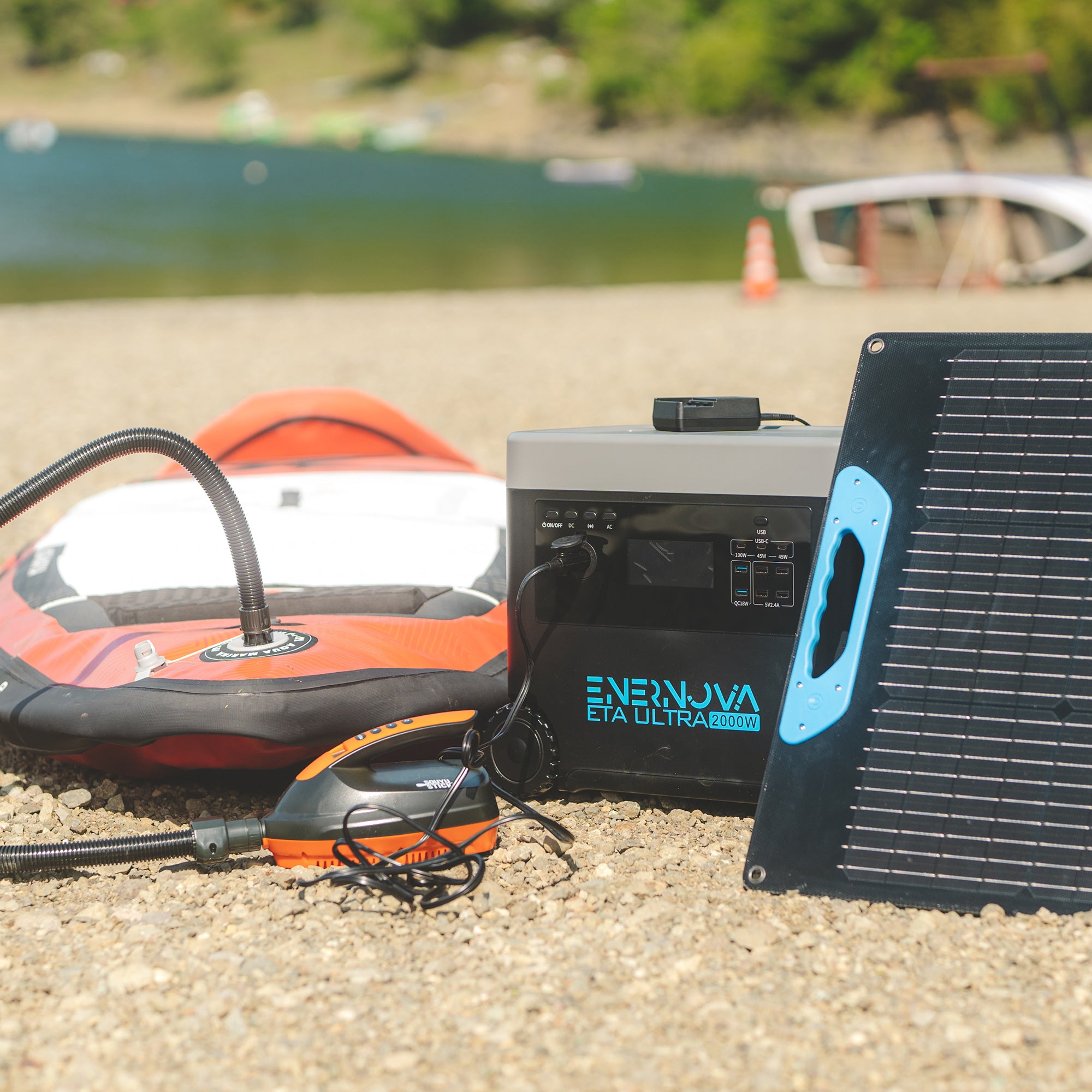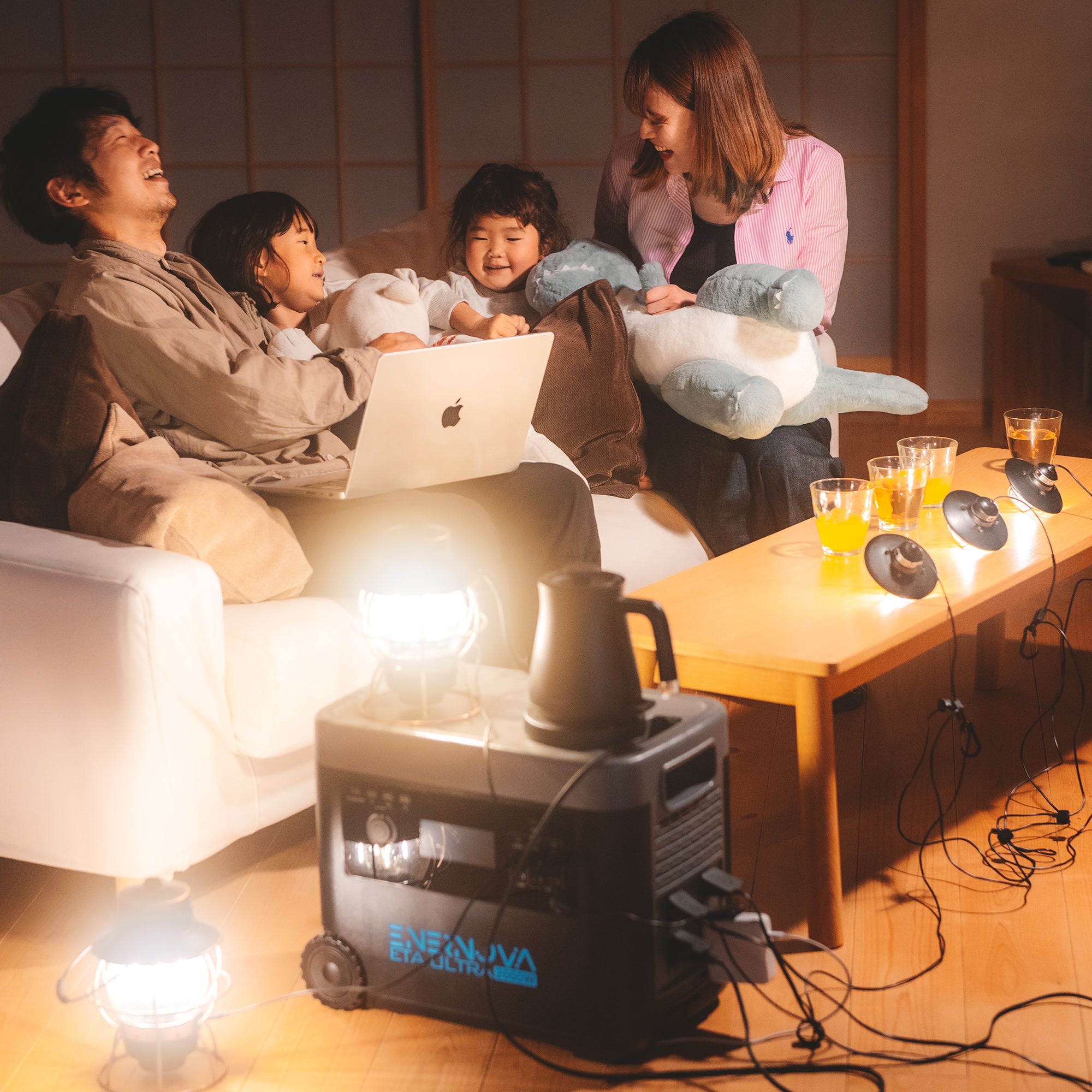Choosing the Right Solar Panel Connectors: A Comprehensive Guide
Solar panel connectors are essential devices that create secure and reliable electrical connections between solar panels and other components of a photovoltaic system, such as inverters, charge controllers, and batteries. They ensure effective energy transfer and minimize power loss in the system.
Connectors are crucial for solar panel systems to maintain electrical efficiency, safety, weather resistance, scalability, ease of installation and maintenance, and component compatibility. By providing a secure connection between solar panels and other system components, connectors reduce power loss and maintain overall system efficiency. They also prevent potential hazards like arcing or short circuits and withstand environmental conditions such as UV radiation, extreme temperatures, and moisture. Connectors facilitate the easy expansion of solar arrays, enabling series or parallel configurations for flexible system design. They simplify installation, maintenance, and compatibility with different solar panel brands and components.
How to Choose the Right Solar Panel Connector
- Maximum Voltage: Consider the maximum voltage the connector can handle. Choose connectors that can withstand the voltage of your solar panels to prevent potential damage.
- Optimal Current: Ensure the connector's maximum current capacity matches the current produced by your solar panels for optimal performance and safety.
- Temperature Resistance: Select connectors that can endure extreme temperatures to ensure longevity and reliability in your installation.
- Contact Resistance: Low contact resistance is essential for efficient energy transfer. Choose connectors with low contact resistance to minimize energy loss and maximize system efficiency.
- Contact Material: The material used for contacts affects the connector’s performance and durability. Opt for connectors made with high-quality materials, such as silver or gold-plated copper, for excellent conductivity and corrosion resistance.
- Ingress Protection (IP) Rating: The IP rating indicates the connector’s resistance to dust and water. Look for high IP-rated connectors to protect your solar setup from environmental factors and extend its lifespan.
- Safety Rating: Choose connectors with appropriate safety ratings to minimize risks during installation and operation. This ensures the connectors are designed and tested to meet specific safety standards.
- Wire Cross-Section (Wire Size): Consider the wire size your connectors can accommodate. Select connectors compatible with the wire cross-section used in your solar installation for a safe and efficient connection.
Different Types of Solar Panel Connectors
Choosing the right connector type depends on your specific requirements. Here’s a closer look at two common types: MC4 and XT60.
MC4 Connectors
MC4 connectors are the most commonly used type in the solar industry for connecting solar panels, charge controllers, inverters, and batteries. They're known for their reliability, ease of use, and weather resistance.
Key Features of MC4 Connectors:
- Waterproof and Dustproof: Designed to withstand harsh outdoor conditions.
- Secure Connection: Provides a reliable and tight connection.
- Easy to Use: Simple plug-and-play design.
- Widely Compatible: Compatible with most solar components.
- High Current Capacity: Can handle the high currents produced by solar panels.
XT60 Connectors
XT60 connectors are widely used in electronic devices and are known for their reliability and durability in various environments. They offer several advantages, such as a long plug-in life, reduced replacement frequency, and lower maintenance costs. XT60 connectors have a robust structure, ensuring stable connections and minimal contact resistance, which reduces signal attenuation and heat generation.
If you have different brands of equipment that need solar connectors, you can opt for the Enernova 4-in-1 solar connector. Enernova’s 8.5ft 4-in-1 solar adapter cable is a versatile, durable, and efficient solution for charging multiple devices with your solar power setup. Its four connectors (Anderson, XT60, DC5521, and DC7909) and waterproof design make it perfect for outdoor adventures.
Conclusion
Solar panel connectors are critical components in photovoltaic systems, akin to the nervous system in the human body, efficiently and safely transmitting the electrical energy generated by solar panels to other devices such as inverters and batteries. They play a pivotal role in ensuring the proper functioning and longevity of the entire solar power system.




















